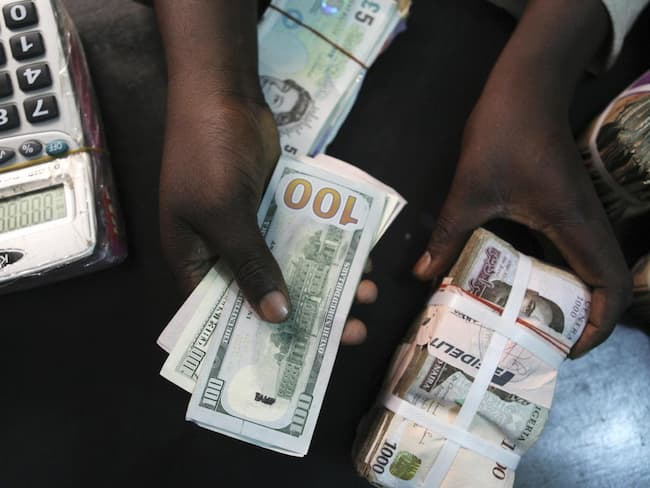Nigeria’s Debt Management Office (DMO) has generated N4.2 trillion in seven months through bond auction sales to fund the government’s 2023 budget deficit finance. Despite inflationary pressures, the debt office has maintained low spot rate pricing to keep funding costs low. It has also kept borrowings ahead of schedule.
The DMO again exceeded its borrowing target in the monthly bond sale in July. The debt agency then took advantage of massive government bond subscriptions, raising N657 billion, 82.5% more than its aim at lower average rates of 13.63%, down from 14.94% in June.
Despite a persistent scarcity of US dollars in the economy, a negative interest return on bonds has closed the door to international investors. Nigeria has kept borrowing costs on domestic bonds low, despite rising interest rates and inflation.
The debt agency had expected to sell N360 billion in bonds at the last auction. However, increased system liquidity increased demand to 2.6 times the entire offer. Nigeria will raise N3.3 trillion from the local bond market in 2022.
In the previous week, the prices of FGN bonds sold on the secondary market declined further as yields climbed for the majority of maturities monitored. Rising inflation is a concern for local bond investors.
The average yield rose to 13.3%, up 18 basis points. Cordros Capital said that the average yield increased at the short (+21bps), mid (+15bps), and long (+13bps) parts of the benchmark curve.
The swing came following profit-taking activities on the MAR-2025, APR-2029, and MAR-2035 bonds, respectively. Selloffs on 2025 Bond resulted in a 63 basis points increase in yield. APR 2029 FGN bond gained 39 basis points while MAR 2035 surged by 45 basis points.
Despite the gains on the first two trading days, Afrinvest Limited said the domestic bonds market closed negative as average yield across tenors rose on the back of depressed liquidity in the financial system.
Traders said the short and long-term bonds witnessed the most selloffs. The market witnessed a raft of sell-offs at the longer end of the curve given the bearish proceedings in the money market.
Elsewhere, FGN Eurobonds also traded lower across all maturities, reflecting sustained negative sentiment. Specifically, the 10-year, 6.50% NOV 28, 2027, the 20-year, 7.69% FEB 23 2038, and the 30-year, 7.62% NOV 28 2047, recorded losses while their corresponding yields expanded.
“We expect yields in the FGN bond secondary market to remain elevated in the medium term, specifically driven by our expectation of a sustained imbalance in the demand and supply dynamics”, Cordros Capital analysts said in a market update.
However, analysts at the firm highlight that deliberate actions by the Debt Management Office to keep the cost of borrowing moderate remain a downside factor.













